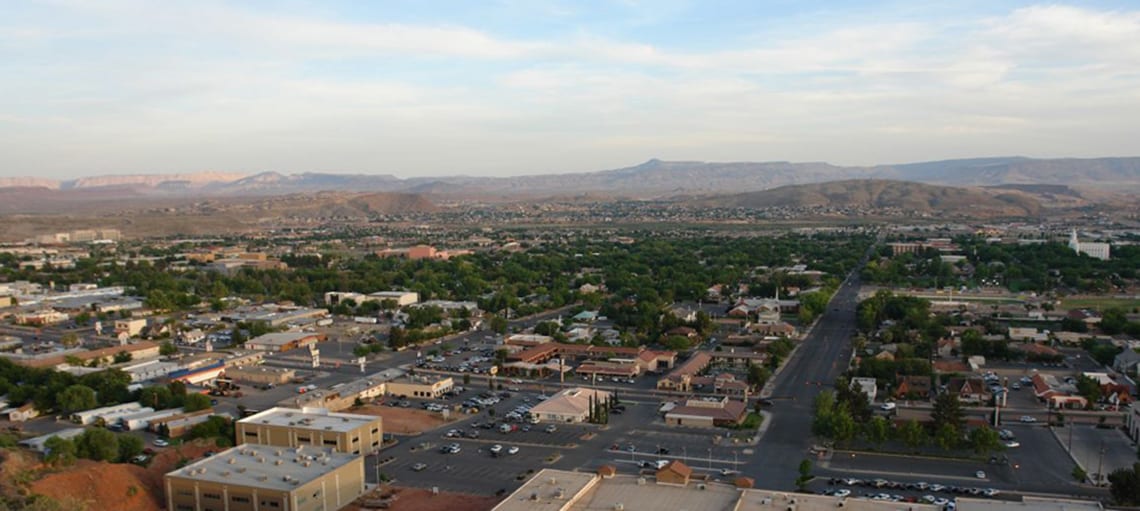Because we are a personal injury law firm, we see a lot of pictures of wrecked cars with damage that ranges from minor to severe. Interestingly, more than once we have had clients tell us that an at-fault driver has declined to report an accident to his or her own insurance company. If the damage appears to be minimal, the at-fault driver sometimes offers to pay for the repair out of his or her own pocket. Later, however, when the person is presented with the repair estimate, he or she refuses to pay and then reluctantly calls the insurance company. Obviously valuable time is wasted because the accident should have been reported immediately to begin with.
At McMullin Injury Law, we understand the frustrations of getting a car repaired after an accident. We can guide you or someone you know if have questions about trying to figure out how to get your car repaired. To that end, we want to help you understand what your rights are when it comes to vehicle property damage after an accident.
First of all, after an accident, be sure to contact your own insurance company to inform them about the crash whether or not you were at fault. See our post about the five things to do after a crash. Next, a determination must be made as to whether or not the car can be repaired or is a total loss. If items in the car are damaged or destroyed, it is necessary to find out if the driver will be compensated for the loss of those items. Finally, in some cases, it will be necessary to have a rental car until the vehicle repair or total loss determination has been made.
Vehicle Repair When it comes to getting your car repaired, you have specific rights. Your insurance company or the at-fault driver’s insurance company cannot require you as the claimant to travel unreasonable distances to obtain a repair estimate or to have your vehicle repaired at a specific shop. If, however, the insurance company designates a specific shop and it is one you are comfortable using, the insurance company must see that the damaged vehicle is restored to its prior condition at no additional cost to you. Further, the work must be completed within a reasonable amount of time.
If Your Vehicle is Deemed a Total Loss In most cases an adjuster from the at-fault party’s insurance company will evaluate the damage to the vehicle and make the determination if it is repairable or a total loss. For example, if the costs to repair the damage will exceed the vehicle’s value, it is likely that it will be declared a total loss; in that situation, the insurance company for the at-fault party may be on the hook to settle your claim. Any settlement made must be on the basis of the market value or actual cost of a comparable vehicle at the time of the accident. The insurance company may determine the value of your vehicle by using one of the following methods:
- They may research the cost of two or more comparable vehicles found in the local area. Some of their resources are Kelley Blue Book or NADA pricing guidelines. (Note: If there are no comparable vehicles in the area, they may branch out to outlying areas.)
- If no comparable vehicles are found, they may elect to use one of two or more quotes from qualified dealers in the local area.
- They may use any additional source that meets certain criteria as specified in the insurance regulations, although this option is rarely used.
Property Damage According to the Utah Insurance Department, “the property damage liability portion of the at-fault driver’s policy will most likely cover damage to personal property in your vehicle.” For example, if a child’s car seat is involved in a crash, the at-fault driver’s insurance company will be required to pay for the cost of a comparable car seat. In any case where property damage is involved, it is helpful to prove the cost of an item with a receipt showing the date of purchase and the amount. If you don’t have a receipt available, then the insurance company will guesstimate the value based on average costs for the same item. If items are damaged and there is a question as to whether or not you will be reimbursed for their loss, it is best to state everything that was damaged and request compensation. It will be up to the insurance company as to whether or not they will compensate for all property damage. Such negotiations generally happen on a case-by case-basis.
Car Rental According to the Utah Insurance Department, “Utah insurance regulations require an at-fault driver’s insurance company to provide payment for the ‘reasonably incurred cost of transportation’ or for the ‘reasonably incurred rental cost of a substitute vehicle’ during the time your damaged vehicle is being repaired. The insurer is obligated to pay for loss of use only if they accept liability. If your vehicle is a total loss, that payment would be from the date of the accident, which has been timely reported, until the time a reasonable settlement offer is made by the insurance company.”
Our experience is that most insurance companies currently allow about $20 per day for a rental vehicle and there are no laws specifying what type of vehicle you may rent. However, if special circumstances require a vehicle similar to your damaged vehicle, be sure to let the insurance company know right away to find out if they will cover those costs.
If you have questions about property damage—whether it’s about your own situation or someone you care about—you are welcome to call our office at (435) 673-9990. There is no charge for this call. We are experienced in property damage issues and are happy to help get your questions answered.
At McMullin Injury Law we are…In Your Community and On Your Side.



